The JCCH is built upon the Kachikan values that the Issei pioneers brought with them from Japan. Over the generations, these values have been passed down in our community and ties us to the shared values of our neighbors, regardless of ethnicity.
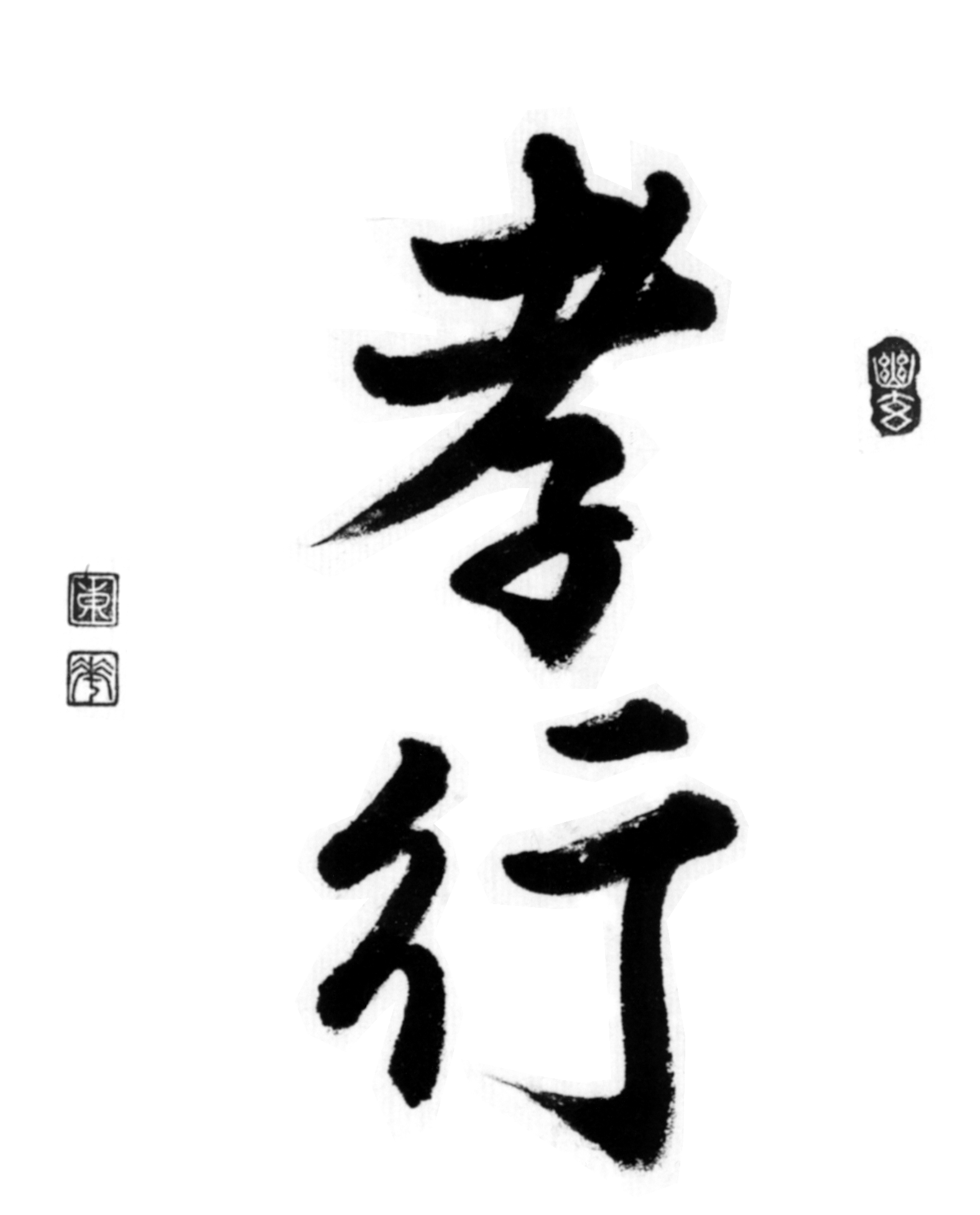 | Kōkō Filial Piety Kōkō means dutiful obedience to parents. The obligation to “honor thy father and mother” continues throughout one’s life. |
 | On On means obligation, being indebted to someone for their kindness, favor, care, and help. It is a debt of gratitude that is lifelong. |
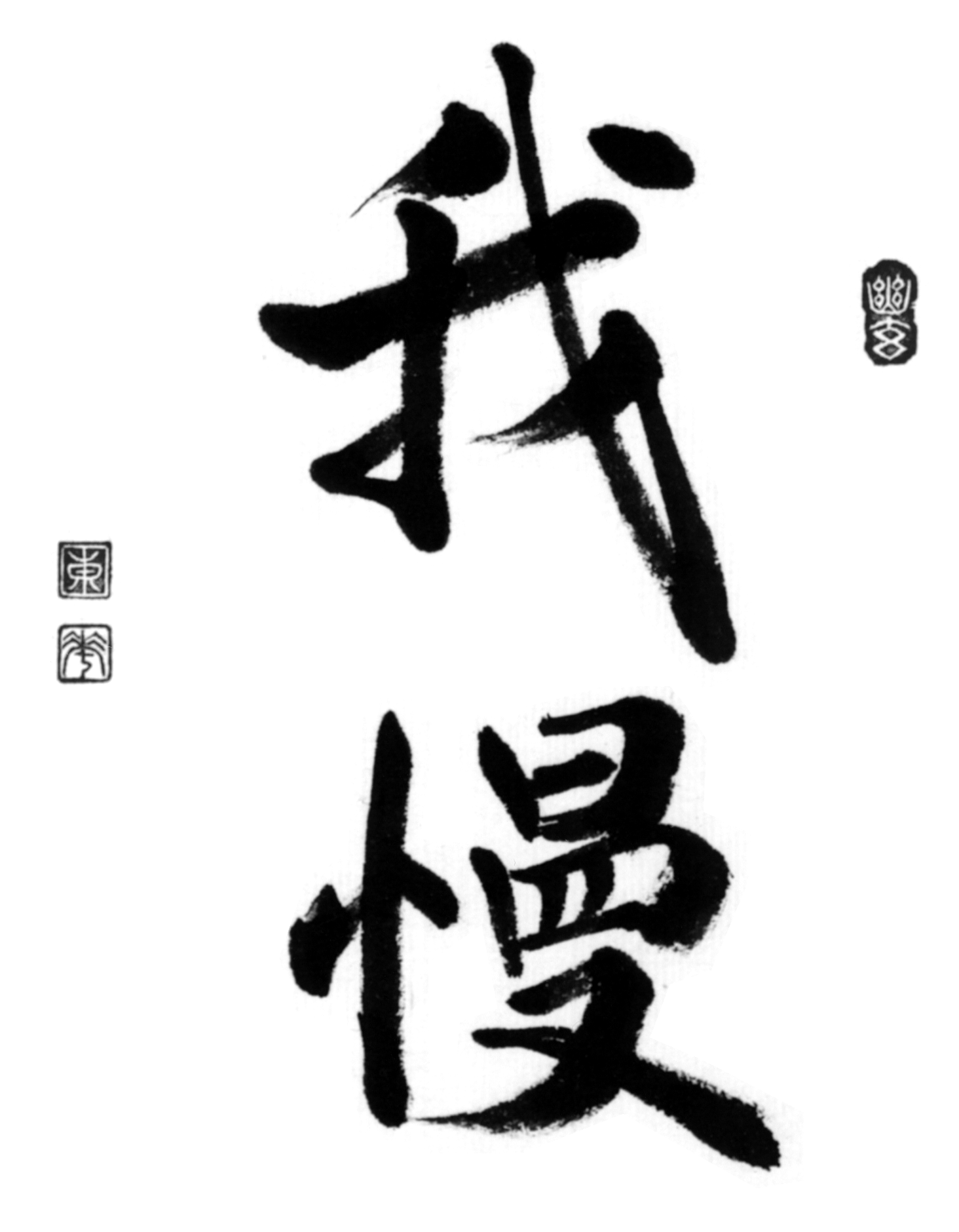 | Gaman Gaman means the acceptance of and ability to deal with life’s adversities. It is maintaining one’s dignity and honor with diligence and perseverance. |
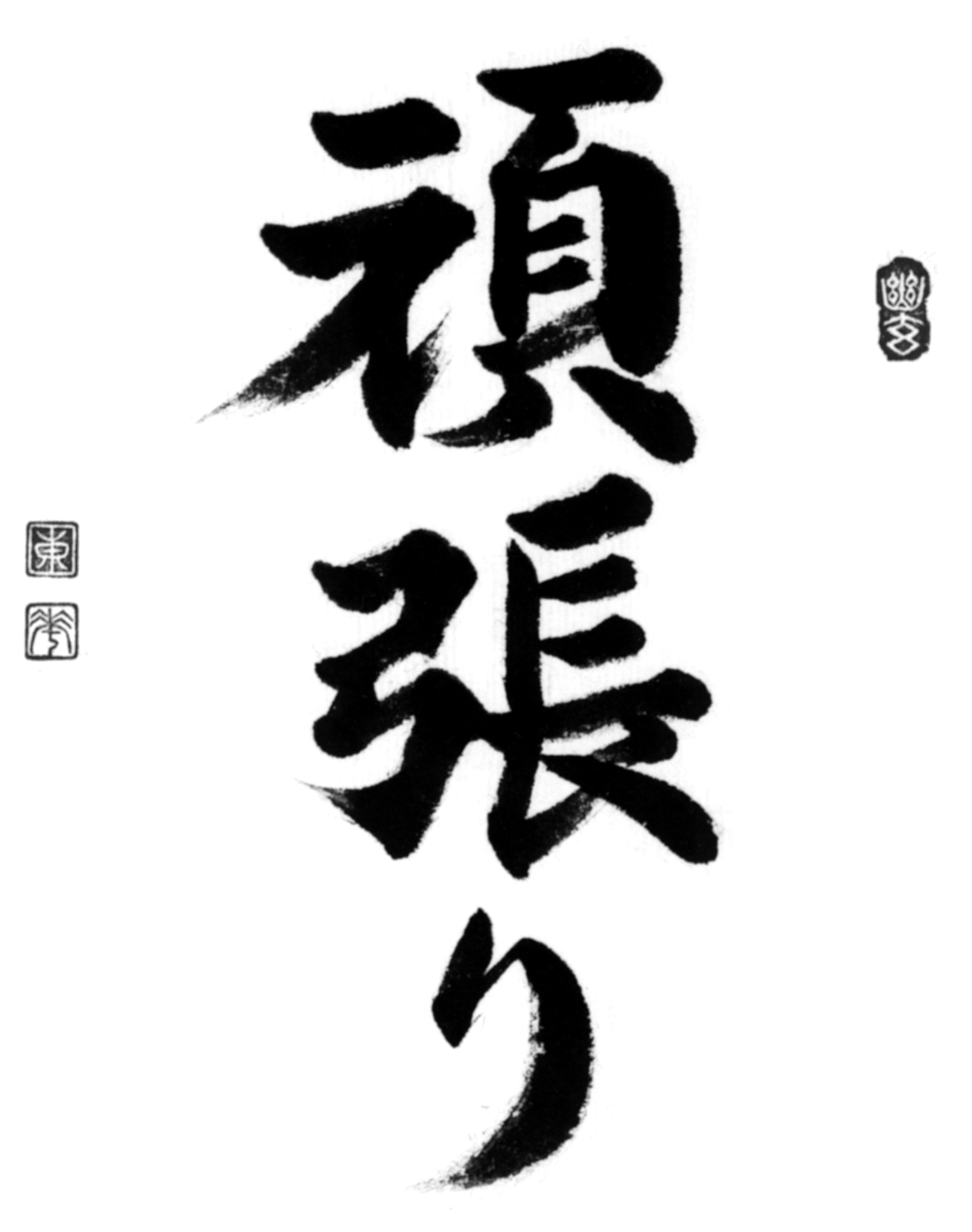 | Ganbari Persistence Ganbari means persistence and steadfastness to a purpose or course of action. |
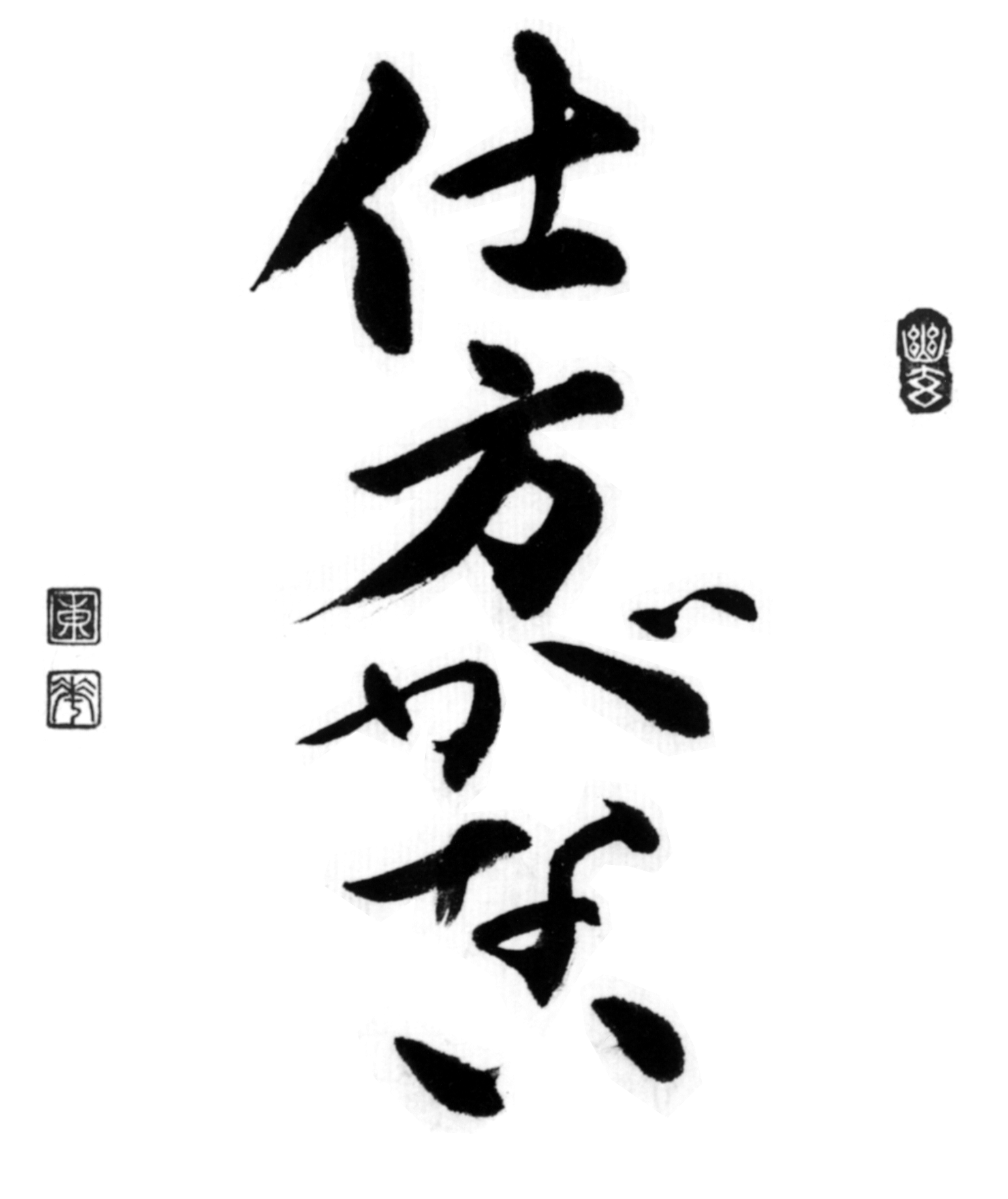 | Shikata Ga Nai Acceptance with Resignation Shikata-ga-nai is acceptance of fate and circumstances that cannot be helped. Japanese believe that when there is no other alternative, one must accept one’s fate and circumstances, no matter how unfortunate. |
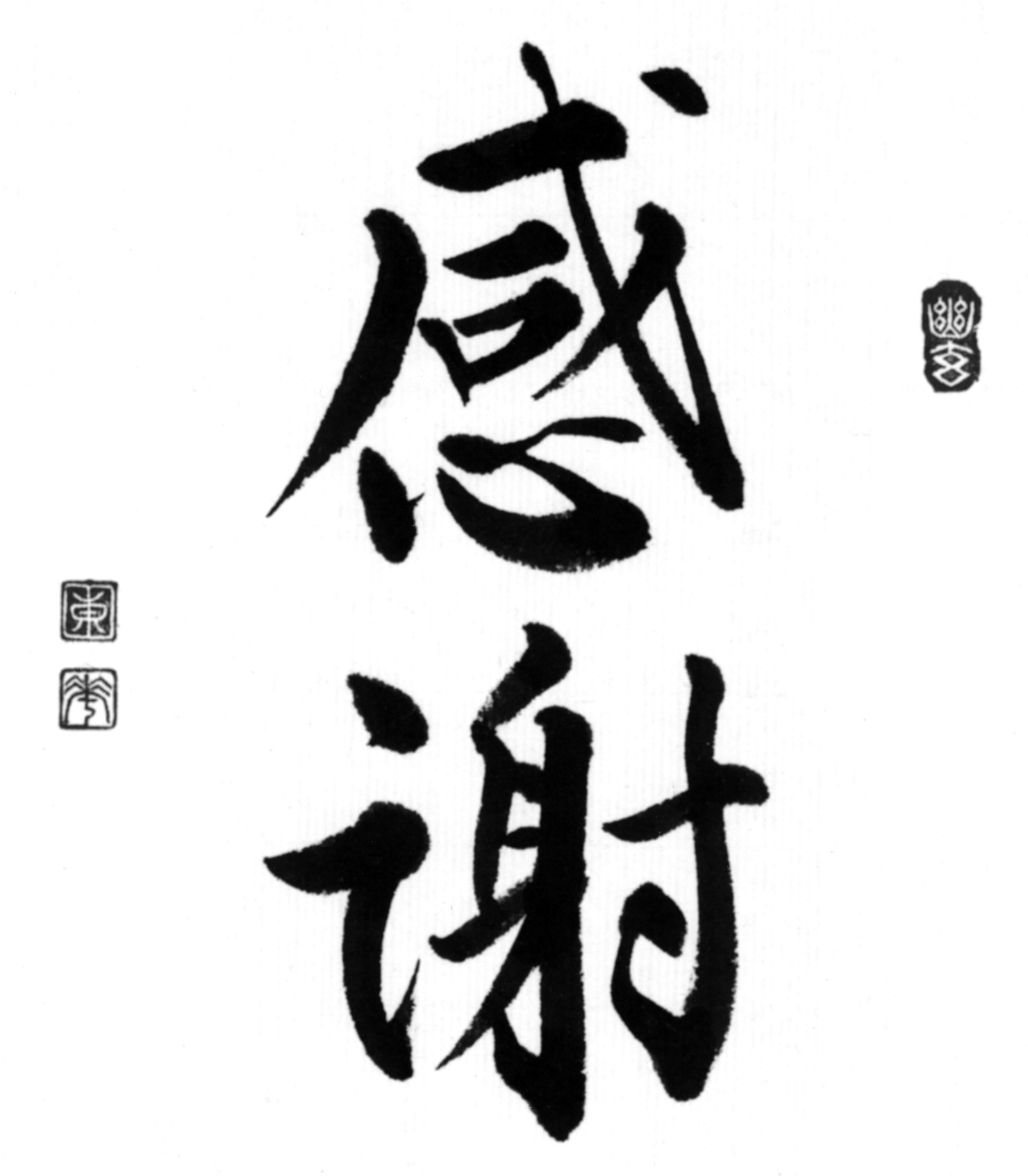 | Kansha
Gratitude Kansha means gratitude, being grateful or thankful by expressing one’s appreciation. |
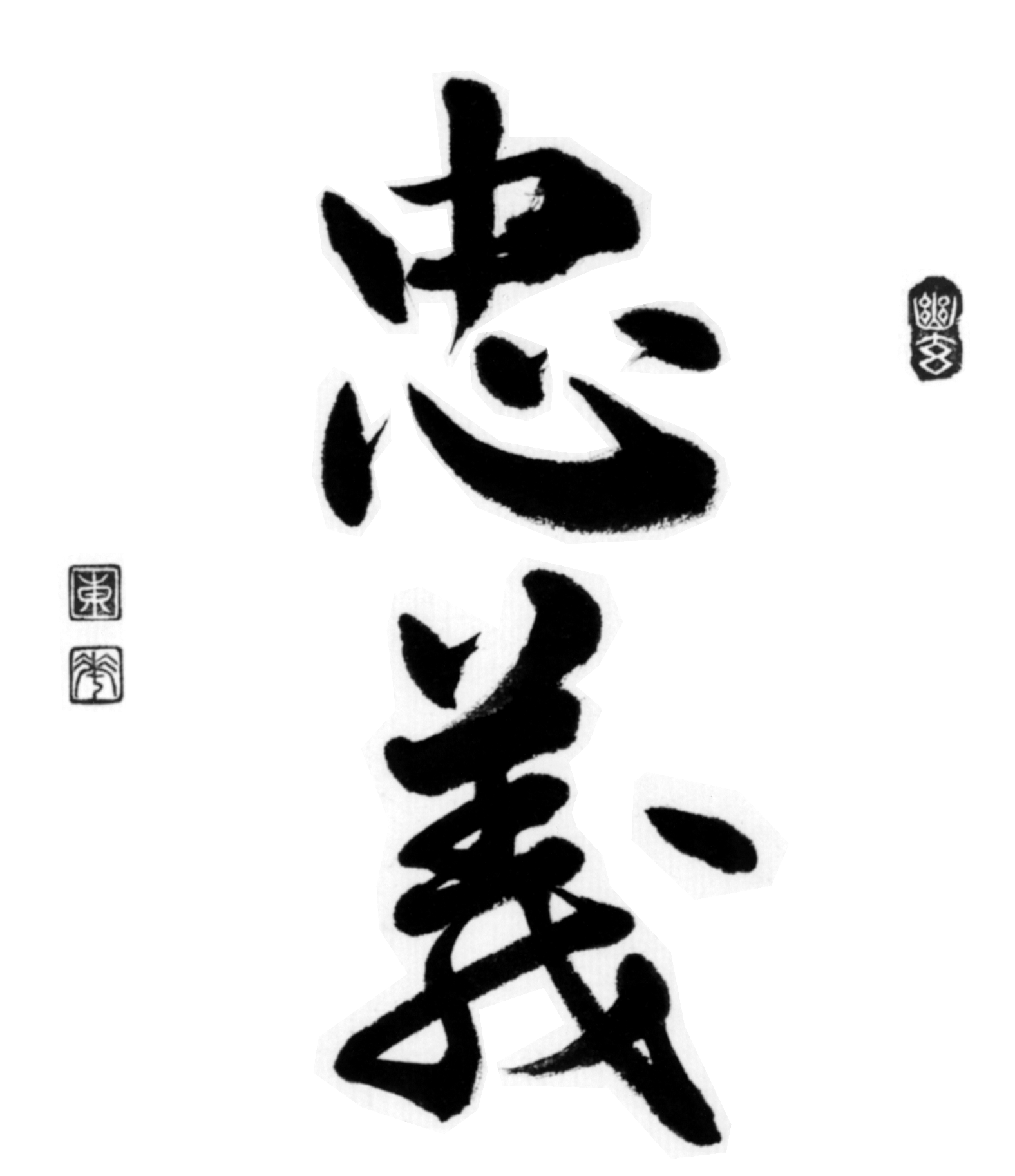 | Chūgi Loyalty Chūgi means loyalty, the consistent adherence to a cause, principle, or person. Chūgi is defined as faithfulness, truth, and fidelity. |
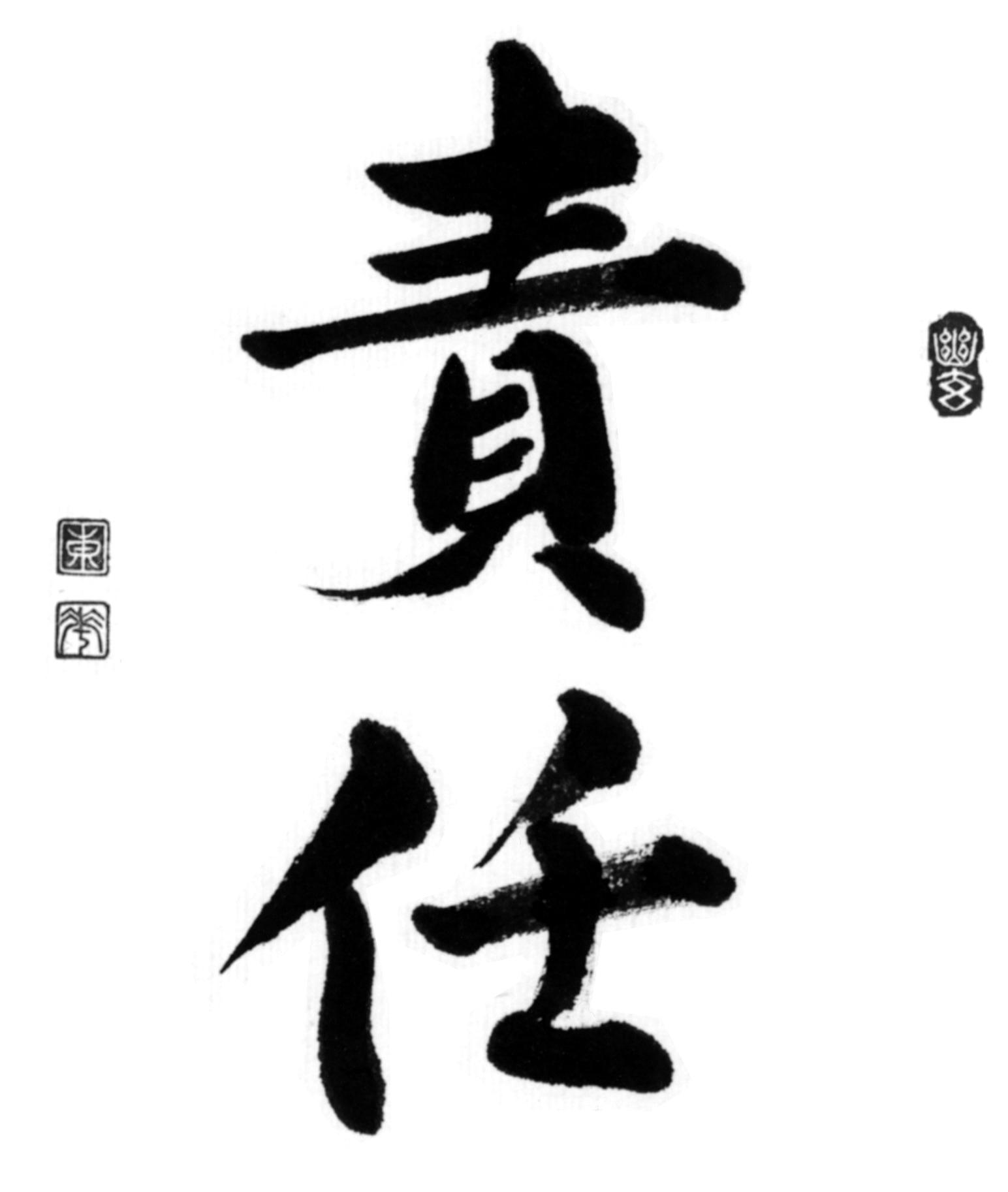 | Sekinin Responsibility
|
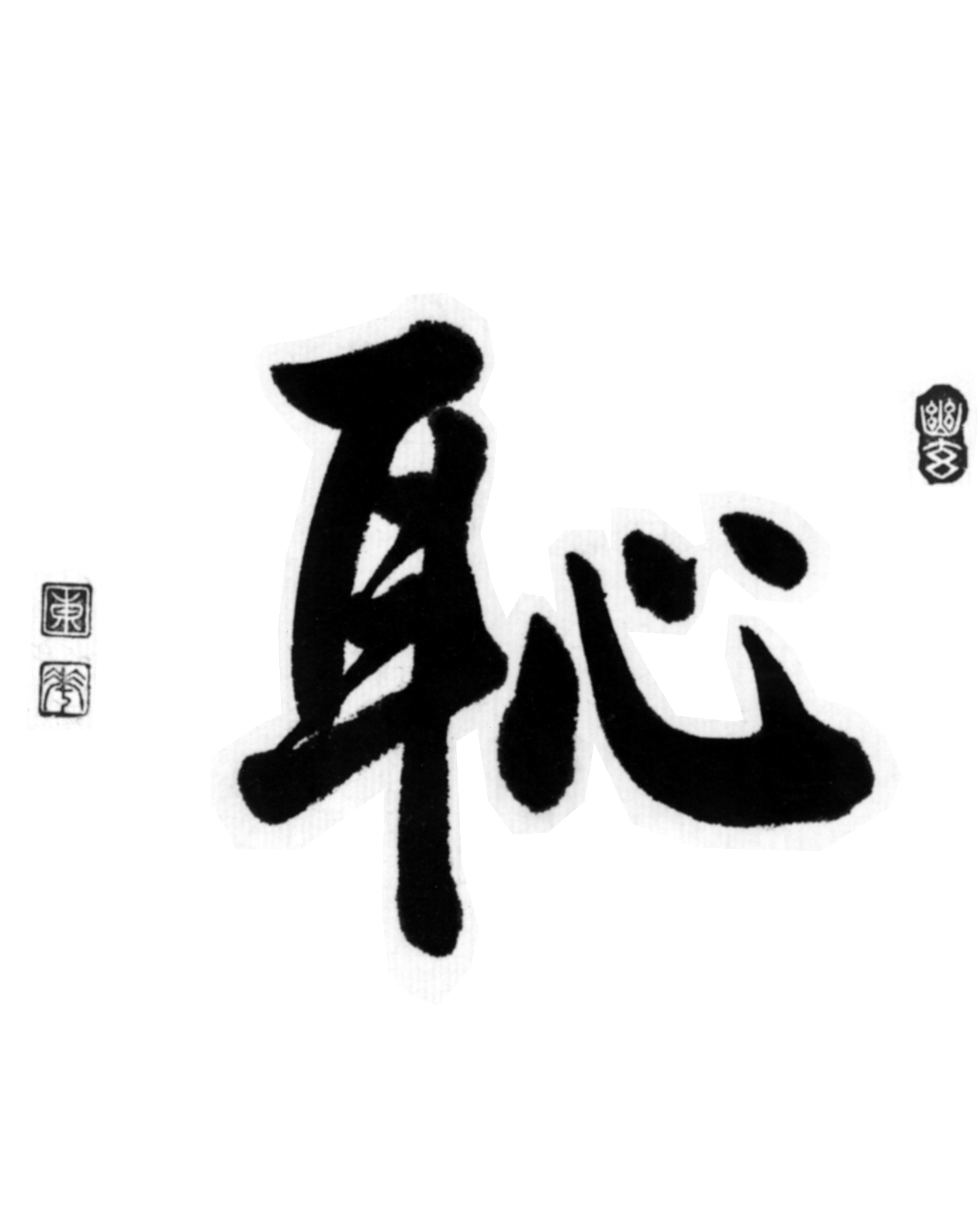 | Haji Shame
|
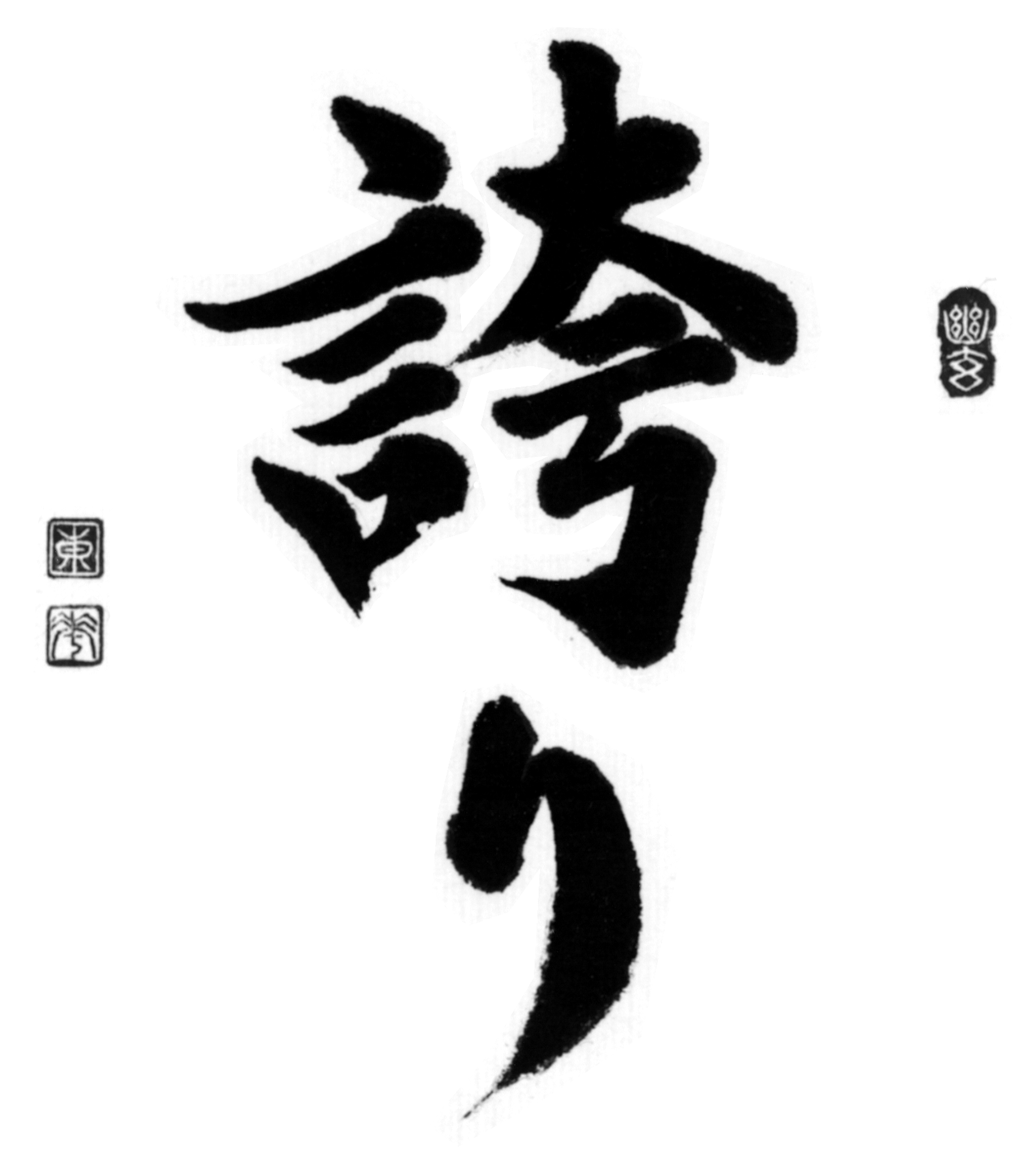 | Hokori
Pride Hokori means pride, the antithesis of haji. It is a time of glory or triumph for a person. |
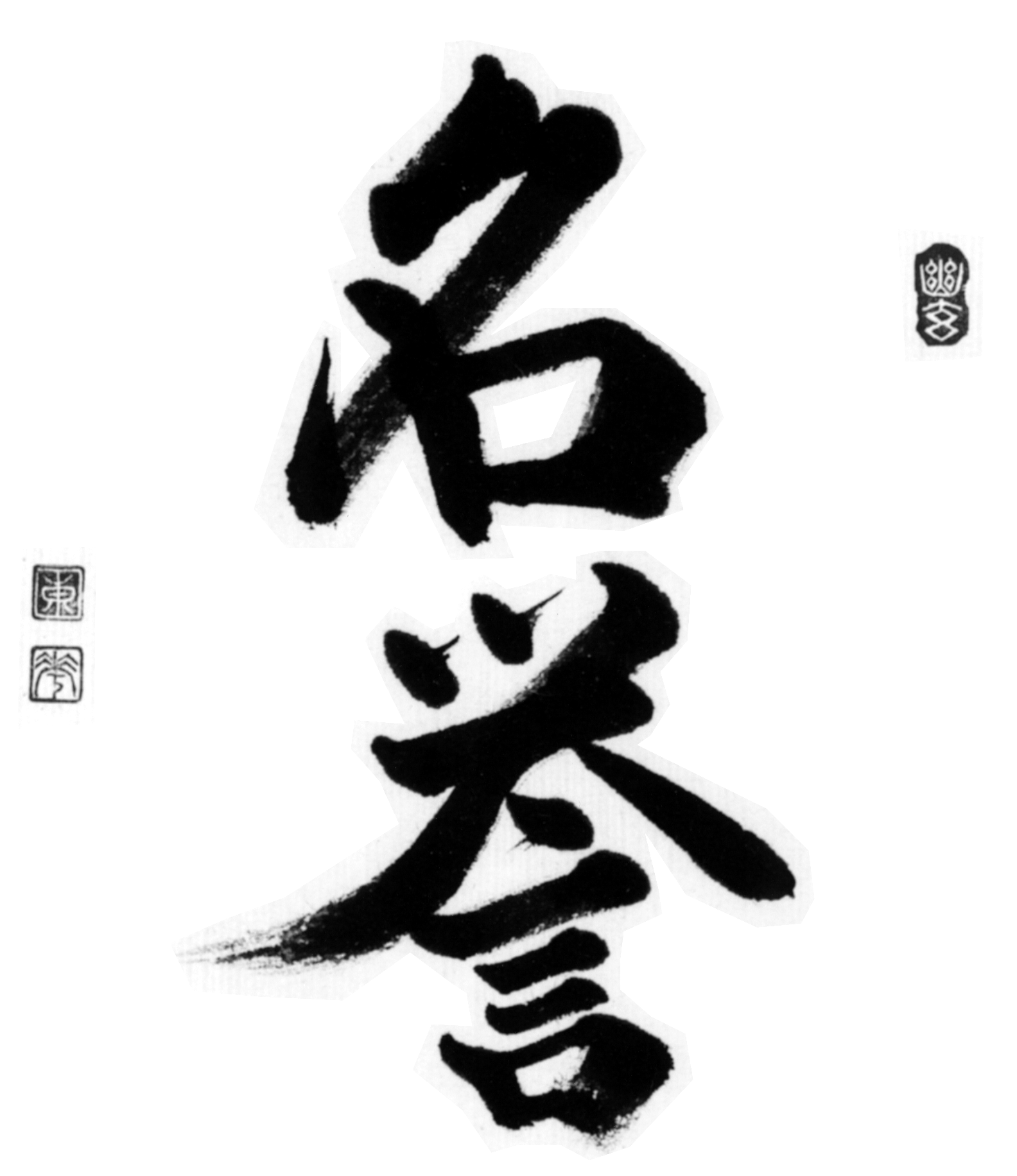 | Meiyo
Honor Meiyo means honor, attaining distinction, prestige, fame, and dignity. |
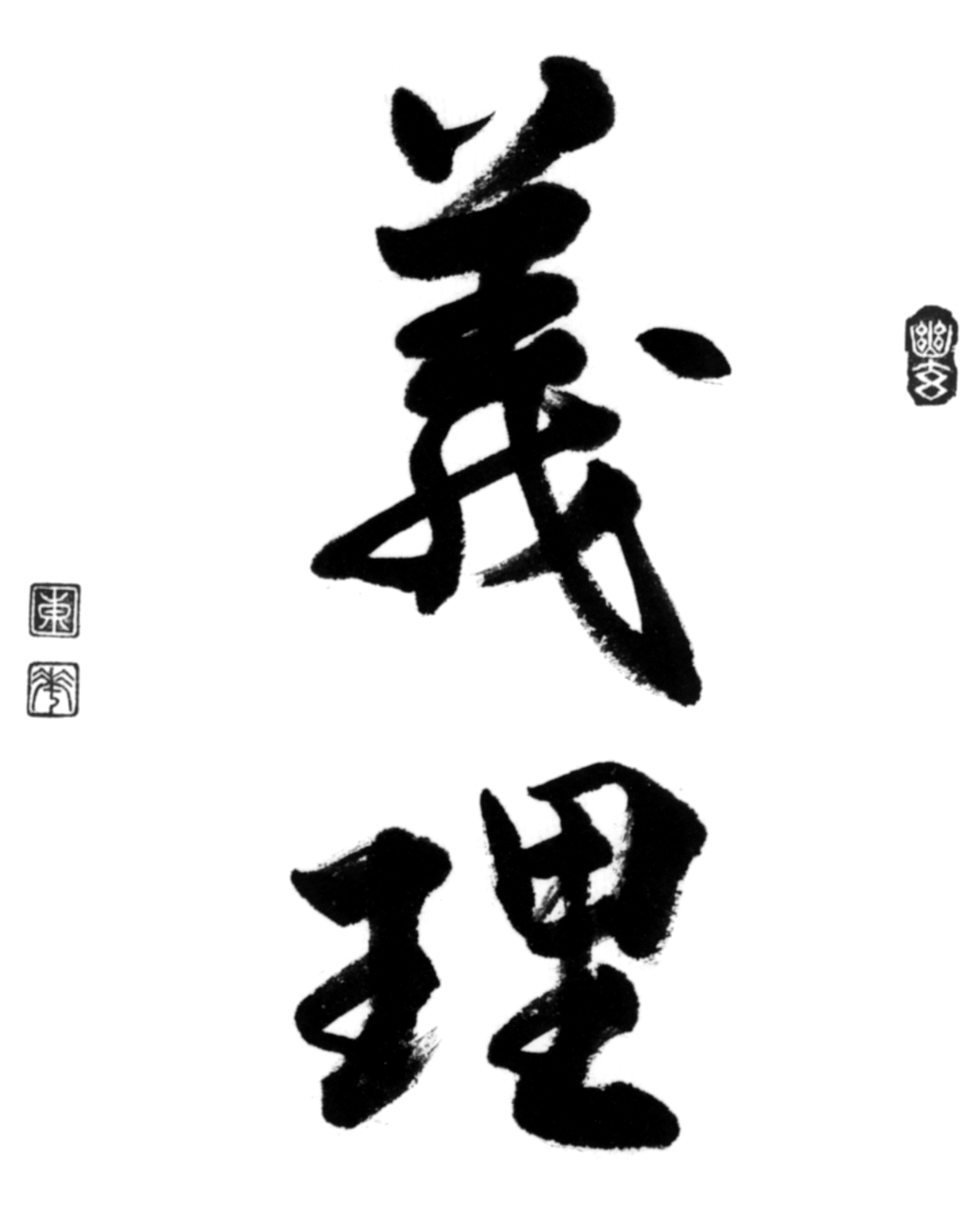 | Giri
Sense of Duty Giri means moral obligation, repayment of kindness with kindness, or reciprocal gift-giving. Doing good for someone with a sense of duty is considered giri. |
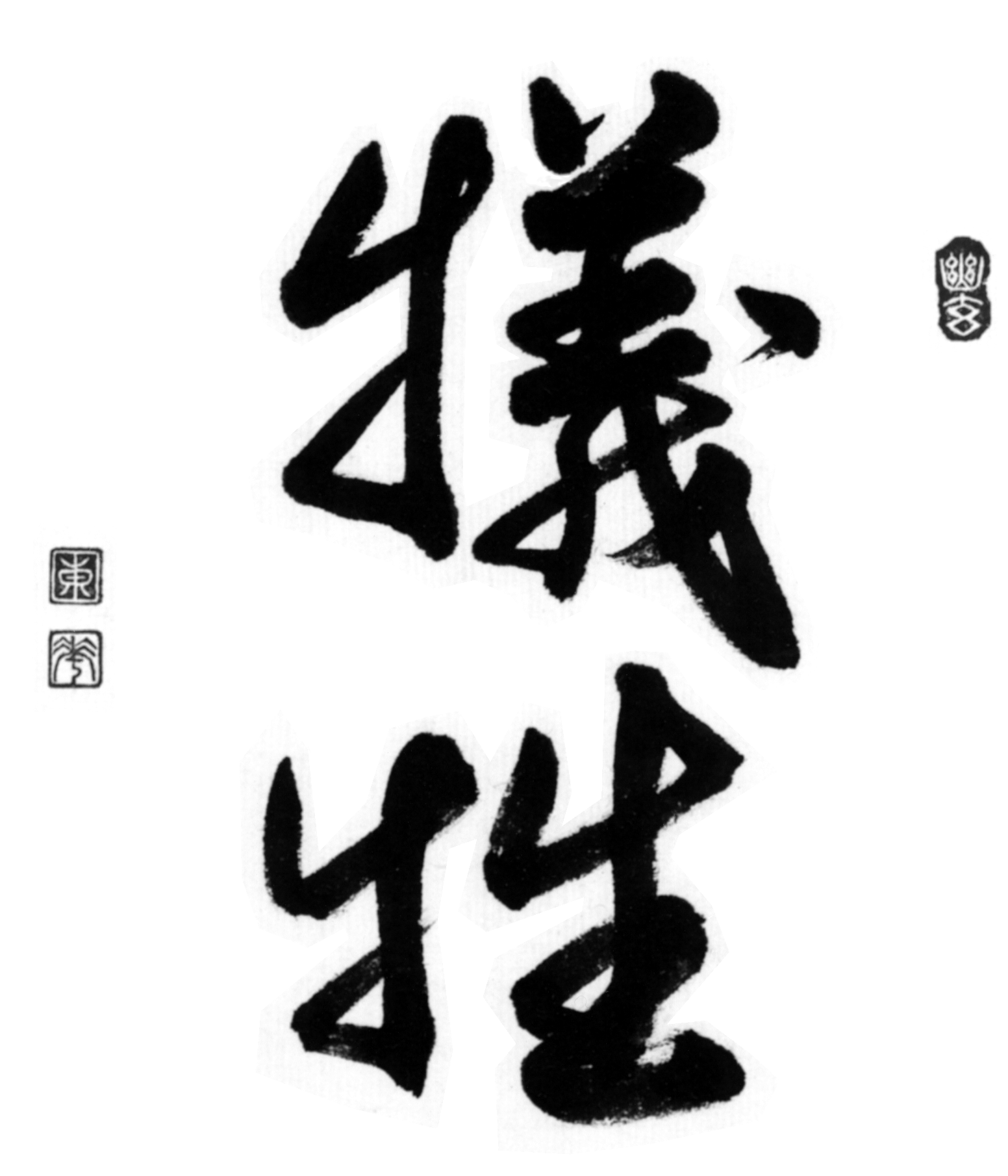 | Gisei
Sacrifice Gisei means sacrifice, giving up one thing for another. It is surrendering something of value for the sake of a higher goal. |
